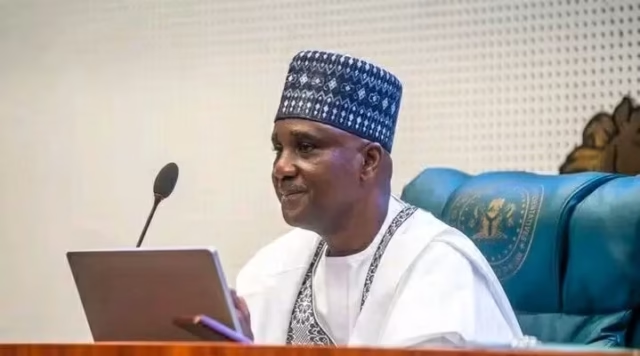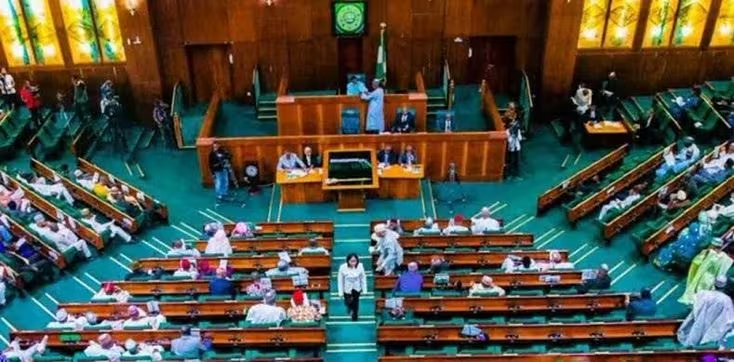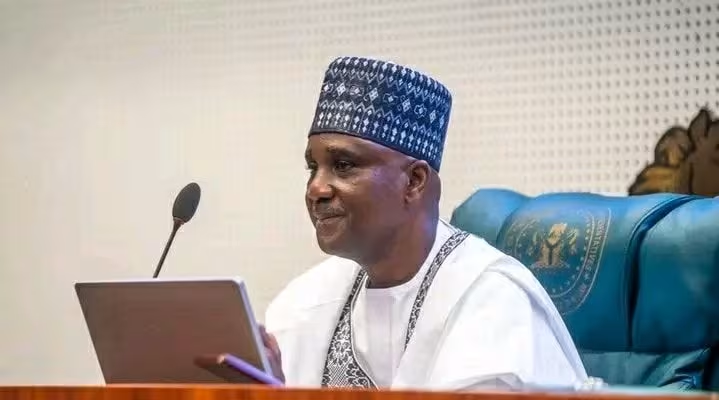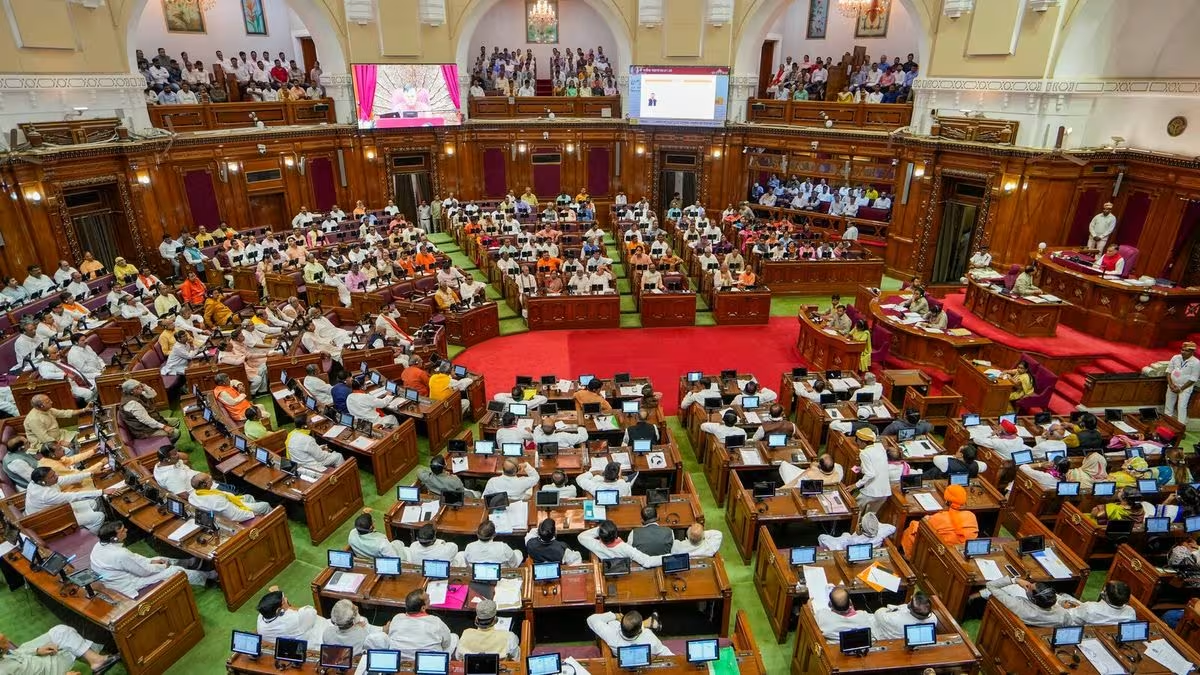
Nigeria’s Debt Breaches Statutory Ceiling, Hits N149 Trillion, Speaker Abbas Warns of ‘Critical Point’
ABUJA, FCT – September 9, 2025 – The Speaker of the House of Representatives, Rt. Hon. Abbas Tajudeen, has sounded a stark alarm on Nigeria’s rapidly escalating public debt, revealing that the nation’s borrowing has officially breached its own statutory ceiling and reached a “critical point” that poses a serious threat to fiscal sustainability.
Speaking at the opening of the 11th Annual Conference of the West Africa Association of Public Accounts Committees (WAAPAC) in Abuja on Monday, the Speaker called for urgent and transparent reforms in the country’s borrowing practices and demanded stronger parliamentary oversight to avert a looming structural crisis.

The Alarming Numbers: A Debt Profile in the Red Zone
In his address, Speaker Abbas laid out the grim figures, painting a clear picture of a nation grappling with a rapidly growing debt burden.
Total Public Debt: As of the first quarter of 2025, Nigeria’s total public debt stood at a staggering N149.39 trillion (approximately US$97 billion).
Rapid Growth: This represents a sharp increase of N27.69 trillion from the N121.7 trillion recorded in the same period of the previous year, underscoring the alarming speed of the debt accumulation.
The Legal Breach: Most concerning is the debt-to-GDP ratio, which now stands at roughly 52%. This figure is significantly above the 40% ceiling stipulated by Nigeria’s own laws, a clear violation that the Speaker described as a “signal of strain on fiscal sustainability.”
This breach of the self-imposed limit is a major red flag for international investors, credit rating agencies, and multilateral institutions, as it indicates that the country’s debt is growing faster than its economic output.
A “Structural Crisis” for Nigeria and Africa
Placing Nigeria’s challenge within a broader continental context, Speaker Abbas warned that this is not just a budgetary issue but a “structural crisis” affecting many African nations. He highlighted a dangerous trend where governments are increasingly forced to allocate more funds to servicing loans than to essential social services.

“This is not just a budgetary concern,” he warned, “but a structural crisis that demands urgent parliamentary attention and coordinated reform.” This means that for every naira earned, a larger portion is being used to pay back interest and principal on loans, leaving less money available for building hospitals, equipping schools, and providing basic amenities for citizens.
A Call for Responsible Borrowing and Stronger Oversight
The Speaker made a clear distinction between productive borrowing and reckless debt, demanding a fundamental shift in the nation’s approach to taking on loans.
“Borrowing should support infrastructure, health, education, and industries that create jobs and reduce poverty,” Abbas declared. “Reckless debt that fuels consumption or corruption must be exposed and rejected.”
He stressed the need for a collective resolve to ensure that every naira borrowed is matched with “tangible economic and social returns.” This, he argued, can only be achieved through more robust and transparent oversight from the National Assembly. “Oversight is not just about figures, but about the lives and futures behind those figures,” he added.
The 10th House’s Commitment: An “Open Parliament” on Public Debt
To address this challenge head-on, Speaker Abbas reiterated the commitment of the 10th House of Representatives to institutionalize accountability through its “Open Parliament” policy. Under this new framework, the House plans to implement two key measures:
Public Hearings: All major new borrowing proposals brought forward by the executive will be subjected to public hearings, allowing citizens, civil society, and experts to scrutinize the terms and purposes of the loans.
Simplified Public Reports: The House will make simplified and easy-to-understand debt reports available to the public, demystifying the complex figures and empowering Nigerians to hold their government accountable.

This move toward greater transparency is seen as a critical step in rebuilding public trust and ensuring that Nigeria’s journey into debt is one that leads to sustainable development, not fiscal ruin.
Join Our Social Media Channels:
WhatsApp: NaijaEyes
Facebook: NaijaEyes
Twitter: NaijaEyes
Instagram: NaijaEyes
TikTok: NaijaEyes




